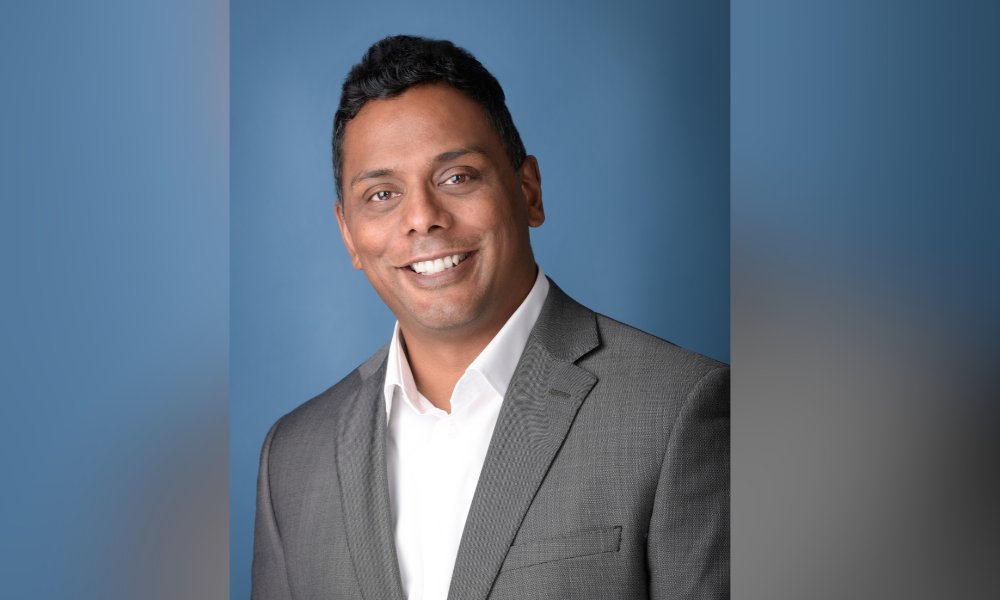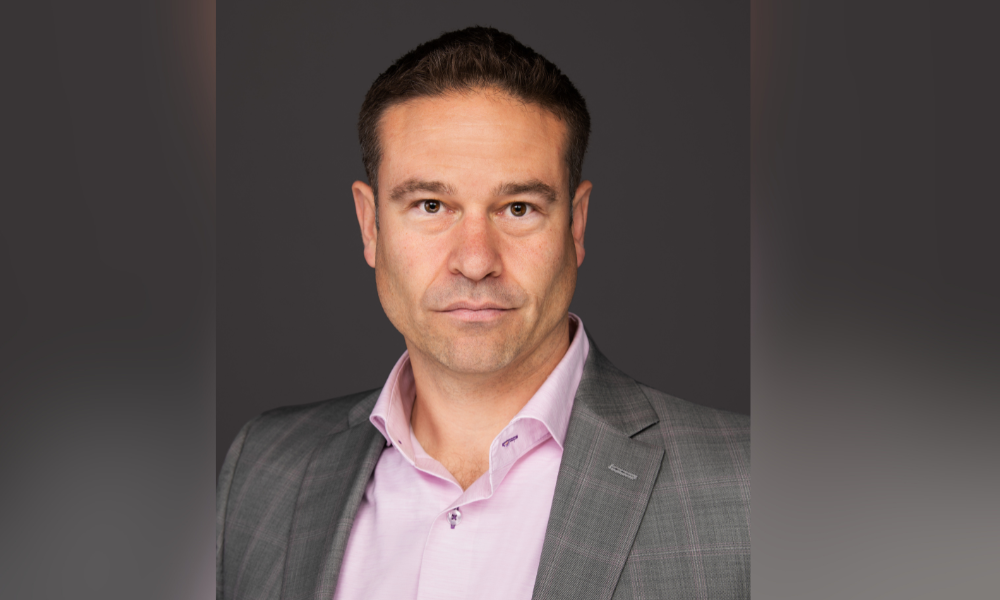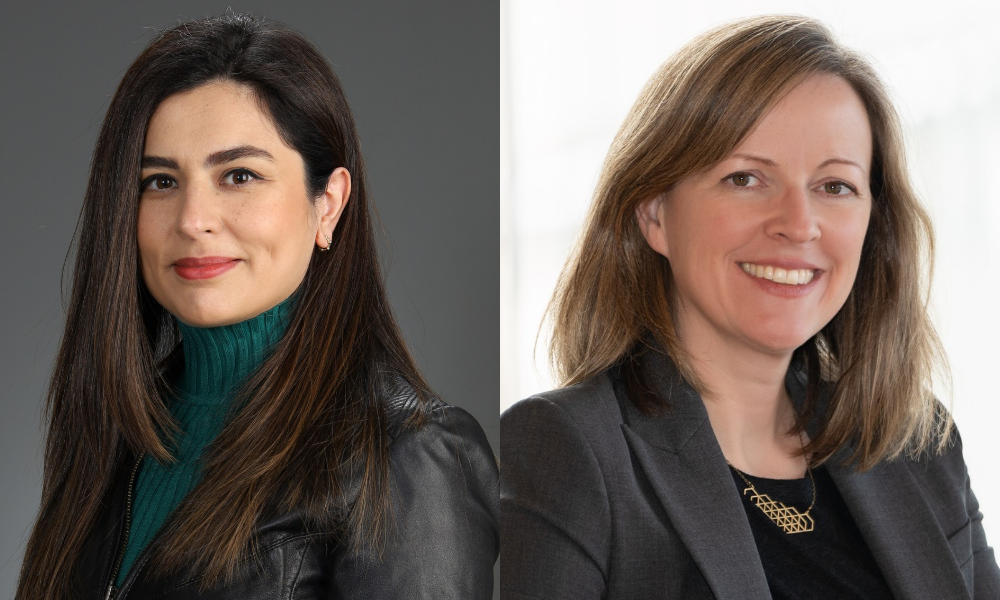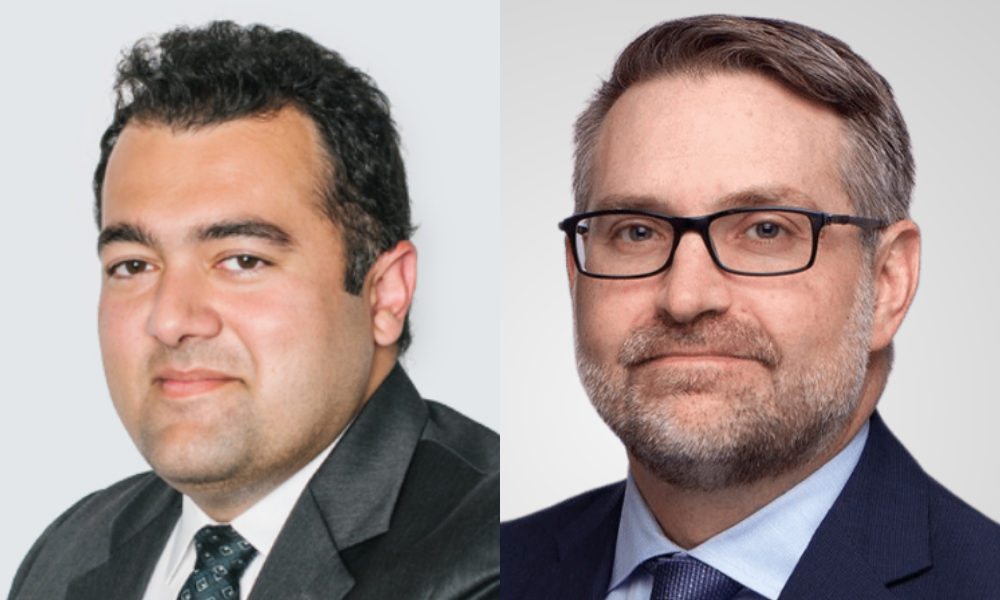Upcoming event: Wilson Chan of Mathews, Dinsdale & Clark to discuss episodic leaves of absence

For the last three years, Wilson Chan says it feels like he’s been dealing with all-things COVID.
And “long COVID” is a newer challenge, being somewhat similar to an episodic leave of absence, in that people may be on and off work, “which is really disruptive for the employer,” says the partner at Mathews, Dinsdale & Clark in Calgary.
Chan will be running a session at the upcoming Employment Law Masterclass Alberta, looking at how to manage episodic leave for mental and physical health issues.
He says he will focus on how to practically address this issue, both from a legal standpoint and from a human element, as in “how do you encourage people to come back and create an environment that they feel like they want to come back to, so long as [they’re] medically fit to do so.”
One of the big challenges with long COVID or post-COVID conditions or “long haulers” is there’s not a lot of definition of the condition or symptoms.
“It’s kind of a moving target — medical opinion is divided on certain things. And there's not a lot of case law to guide COVID-specific matters. So you just look at the practical and then try to figure out a situation that works for you and employees,” says Chan.
Also a challenge? If an employee is not actually on a formal leave, but they're suffering from long COVID and their performance declines. If they’re working from home, it’s hard to get the face-to-face time to check in about the issues, he says.
And then there’s the question of legitimacy, and whether a person’s complaint has merit.
“Sometimes people are like, ‘Oh, I have anxiety, I'm stressed, I’m suffering from COVID…’ or ‘I don't want to get vaccinated but I don't want to come into work…’ and the employer has to deal with that and figure out how to actually accommodate them,” says Chan.
“The investigation is tough, especially now with so much information and misinformation.”
For instance, one school is dealing with a teacher who was physically abusive with a child, and later claimed it was because of “brain fog” from COVID, he says.
A mental health leave can be more challenging than one for physical health when it comes to diagnosis.
“Not a lot of general practitioners have expertise in the mental health or a specialization, and also you have this stigma where employees are afraid to come forward… And then how do you address that?”
Chan says he plans to provide several examples along with practical, hands-on advice during his session at the upcoming Employment Law Masterclass Alberta.




